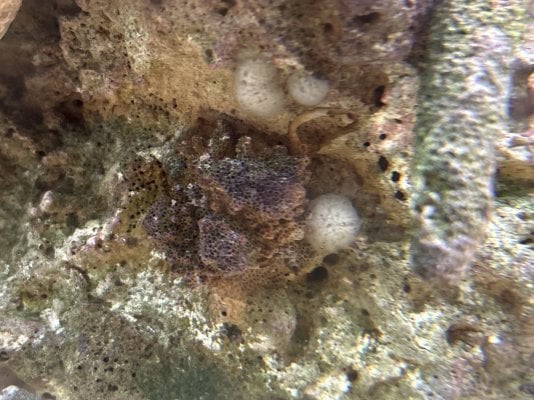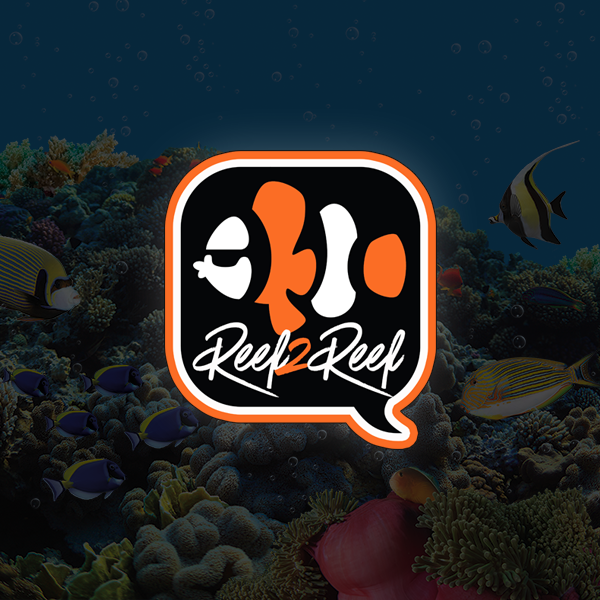As our tank continues to grow I have been seeing some clumps that have appeared. They appear to be a sponge. Basically want to know if they are bad for anything or anyone.
Fish and live rock only. A couple Bubble tips.
Is there anyone I can add to the tank that will potentially keep it under control?

Fish and live rock only. A couple Bubble tips.
Is there anyone I can add to the tank that will potentially keep it under control?


















